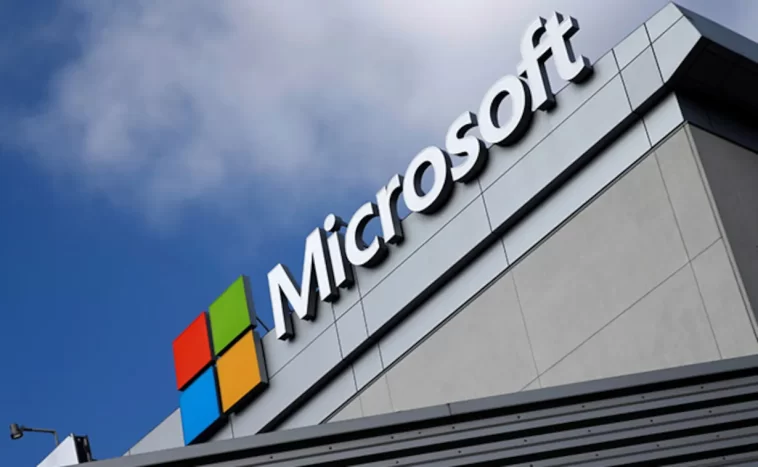Maker of Xbox Microsoft completed its $69 billion acquisition of Activision Blizzard on Friday. With hit games like “Call of Duty” added to its library, Microsoft can now fight better with Sony, which is the market leader.
Britain finally gave its approval for Microsoft to buy Activision earlier in the day. This was after making the Xbox owner sell the streaming rights to ease worries about competition.
The Competition and Markets Authority (CMA) stopped the deal in April because it could give the big American tech company too much power in the new cloud game market.
After Microsoft decided to sell Ubisoft Entertainment the streaming rights to Activision’s games, the regulator threw out its playbook and reopened the case. This was done to make sure that the terms could be enforced.
It was the first time since Britain left the EU that the CMA had to deal with a tech giant on a world scale.
It said that “sticking to its guns” even though the companies that were merging criticized it had led to a better result for competition, customers, and economies.
The CMA called Microsoft’s decision to give in on streaming a “gamechanger” and said it was the only competition body in the world to have achieved this result.
“The new deal will stop Microsoft from locking up competition in cloud gaming as this market takes off, preserving competitive prices and services for UK cloud gaming customers,” it stated in a statement.
Microsoft announced the deal in early 2022. It wanted to speed up its growth in console, mobile, PC, and cloud games to go up against companies like Tencent and Sony, which owns PlayStation.
The U.S. Federal Trade Commission was against the deal, but they were not able to stop it. This left the CMA on its own.
The FTC is still suing, but Microsoft has said it won’t let that stop the deal from going through.
In May, the European Commission agreed to take Microsoft up on its offer to license Activision games like “Overwatch” and “World of Warcraft” to other platforms.
‘STUCK TO OUR GUNS’
The CMA’s block in April made the parties that wanted to merge very angry. Microsoft said that Britain was no longer open for business.
The British government didn’t give the CMA much help. The Finance Minister, Jeremy Hunt, said that regulators should focus on getting people to spend, but he didn’t want to weaken the CMA’s independence.
Sarah Cardell, CEO of the CMA, said that the agency had “send Microsoft a clear message that the deal would be blocked unless they fully address our concerns, and we stuck to our guns on that.”
She said that the CMA made choices “without political influence” and that corporate lobbying would not “sway” them.
“Businesses and their advisers should be in no doubt that the tactics employed by Microsoft are no way to engage with the CMA,” she stated.
“Microsoft had the chance to restructure during our initial investigation but instead continued to insist on a package of measures that we told them simply wouldn’t work.”
Ben Barringer, an equity expert at Quilter Cheviot, said that the CMA would see it as a win, but that it would need to be careful not to regulate the tech sector too much.
“There are fears the UK is a bad place to do business and the tech industry in particular will be watching its moves closely,” he stated.
Microsoft said that it was “thankful for the CMA’s careful review and decision.”
Vice Chair and President Brad Smith said, “We have now cleared the last regulatory hurdle to complete this acquisition, which we believe will be good for players and the gaming industry around the world.”
ALSO READ:Operation ‘Ajay’: 1st flight carrying 212 Indians stranded in Israel arrives in Delhi
Activision Blizzard stated: “The CMA’s official approval is great news for our future with Microsoft, and we look forward to becoming part of the Xbox Team.”
The European Commission said that Microsoft’s new promises to the CMA did not make its EU promises less clear.





